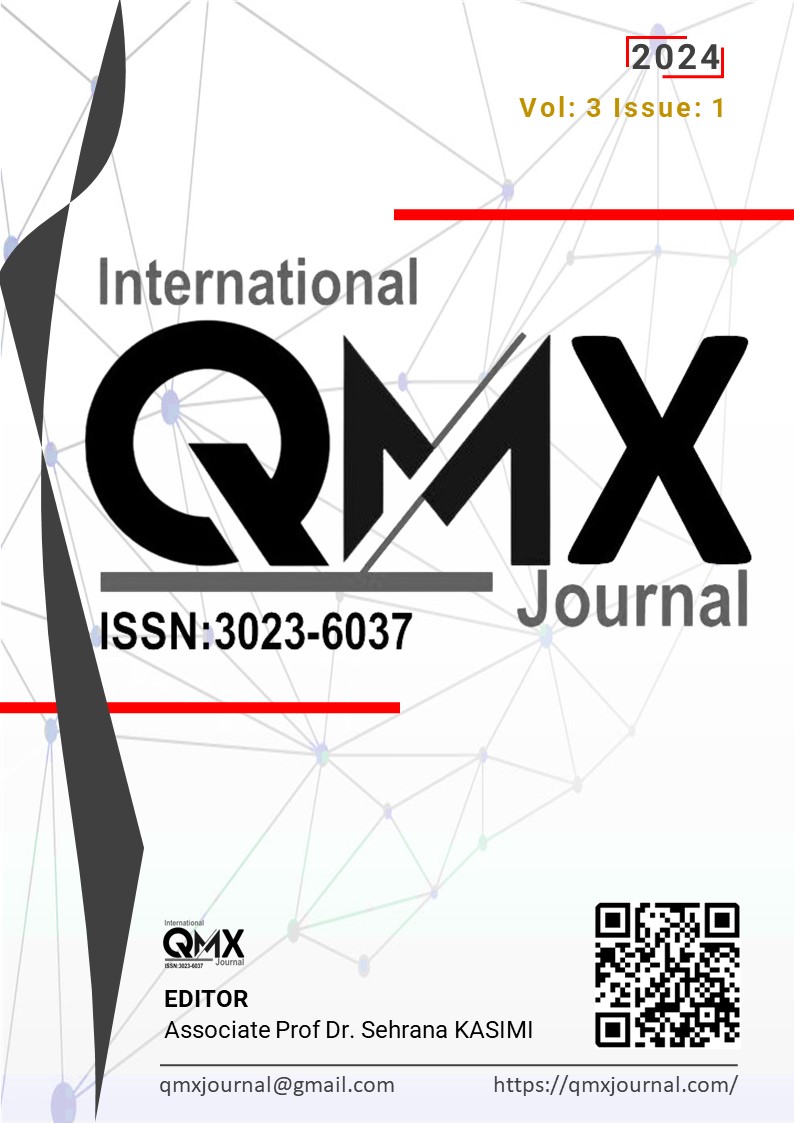Pandemi Döneminde Türkiye’de Öksüz ve Yetim Çocukların Karşılaştıkları Eğitim Sorunlarının İncelenmesi
Author :
Abstract
Bu çalışmada, pandemi sürecinde Türkiye’deki öksüz ve yetim çocukların eğitimde karşılaştıkları sorunlar ve bu sorunlara karşı getirilebilecek çözüm önerilerinin neler olabileceğinin incelenmesi amaçlanmıştır. Betimsel tarama modelinin uygulandığı bu çalışmada amaçlı örnekleme yöntemi kullanılmıştır. Çalışma gurubu Tokat’ın Turhal İlçesinde bulunan 2020-2021 öğretim yılında ortaokullarda öğrenim gören öksüz ve/veya yetim 10 öğrenci ile velilerinden oluşmaktadır. Öğrenciler sayıca fazla olan ortaokullardan rastgele seçilmiştir. Veriler yarı yapılandırılmış ve açık uçlu görüşme formlarıyla toplanmıştır. Elde edilen veriler nitel analiz yöntemiyle analiz edilmiştir. Tematik analiz tekniği ile çözümlenmiştir. Veri toplama, işleme ve analiz süreçlerinde geçerlilik ve güvenilirliği artırıcı önlemler alınmıştır. Öksüz ve yetim öğrencilerin bu süreçteki eğitim sorunlarını sıralayacak olursak; İnternet olmaması veya bağlantı sorunları yaşamaları, canlı derslere erişimi sağlamaya yönelik teknolojik cihaz (bilgisayar, tablet, telefon vb.) eksikliği veya bulunmamasıdır. Uzaktan eğitime bağlanan kardeş sayısının fazlalığından dolayı bağlantı cihazı yetersizliği, çalışma odalarının olmaması, sürekli kapalı ortamlarda kalmaktan dolayı öğrencilerin ruhsal, duygusal ve sağlık sorunları (hırçınlaşma, beslenme bozuklukları, uyku düzensizlikleri vb.) yaşamalarıdır. Uzaktan eğitimde ödevlerin zorluğu, derslerin anlaşılır olmaması ve arkadaşlarıyla görüşememeleri şeklinde sıralanmaktadır.
Keywords
Abstract
In this study, it is aimed to investigate the educational problems faced by orphaned and bereaved children in Turkey during the pandemic period and to explore possible solutions to these problems. A descriptive survey model was employed in this research, and a purposeful sampling method was used. The study group consists of 10 orphaned and/or bereaved students and their parents, who were attending middle schools in the Turhal District of Tokat during the 2020-2021 academic year. The students were randomly selected from middle schools with a higher number of students. Data were collected through semi-structured and open-ended interview forms. The obtained data were analyzed using qualitative analysis methods and interpreted using thematic analysis techniques. Measures to enhance validity and reliability were taken during data collection, processing, and analysis stages. If we were to list the educational problems of orphaned and bereaved students during this period; they include the lack of internet or experiencing connection problems, the lack of technological devices (computer, tablet, phone, etc.) for accessing live classes. Insufficiency of connection devices due to the high number of siblings attending remote education, the absence of study rooms, and the mental, emotional, and health problems (aggressiveness, eating disorders, sleep irregularities, etc.) students face due to staying in closed environments constantly. The challenges in remote education are listed as the difficulty of assignments, the incomprehensibility of lessons, and the inability to interact with their peers.





